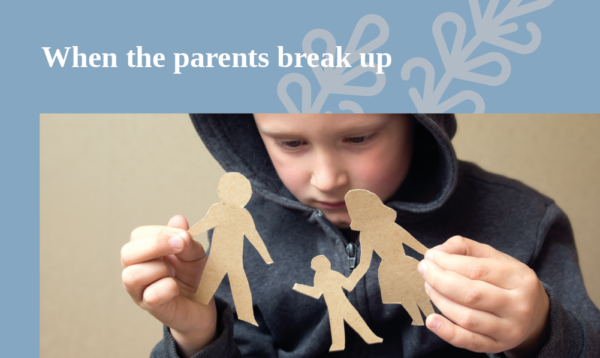In my work, I often meet parents who are divorced, and, unfortunately, rare are the cases where there is mutual understanding and agreement on how to manage any changes that will bring the divorce to their family. Communication between parents is an unknown concept with direct and varied consequences for their children.
Separation is by no means difficult when it involves two adults, let alone when children are involved. There are not a few cases where the child is used as a means of “revenge” from one side to the other or as a recipient and informant of derogatory comments about the other parent that undermine the perception and feelings the child has for the other parent. We are all aware of divorce cases where the climate between family members rather than improving remains dysfunctional and conflicting.
However, the main problem is the consequences that all this disharmony can have on relationships and the non-communication between parents in the psyche of children. Innocent children’s souls are called upon to face challenging and hostile situations, to take on roles that do not correspond to their age (the mediator of messages to one or the other parent or, even the adult – father or mother – who emotionally supports and comforts the parent with whom he stays primarily).
It is necessary for the better development of all family members for parents to remember that children’s good is the most important of all the consequences of the separation between them and that any impulsive reaction affects their development, emotional and psychological course in the long term. Whatever happens in such a difficult time, parents need to accept help from other adults (grandparents, friends, specialists, etc.) without involving children in managing their fears, needs, conflicts, and atones.


